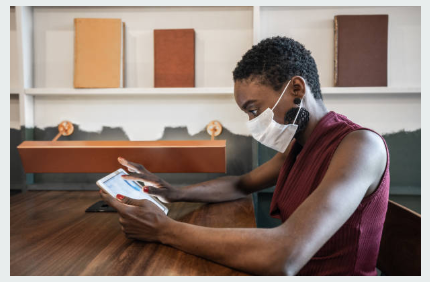The school’s transforming mission is not limited to teaching and formal education. There are several criteria for cultural and personal training that need to be refined in this social environment to prepare young people for adult life.
At that point, educators need to become aware of their role within the process. One of the best ways to do this is to identify the skills that students need to develop in order to be able to work with them in the classroom.
Among all aspects of the youth’s personality, there are eight that deserve special attention from the teachers. Know what they are and understand their importance:
1 – Curiosity
Curiosity can be defined as the student’s willingness to discover new things and learn. In education, it is one of the most valuable characteristics and should be continuously encouraged. A good way to do this is to encourage experimentation and believe in all kinds of attempts, even unsuccessful ones. Congratulating your efforts and continuing to bet on students’ potential is critical.
2 – Sociability
Sociability has been developed since the early years at school and is extremely valued in the job market, as among its characteristics are the ability to communicate and build positive relationships, fundamental elements for those who work as a team. Masters can stimulate this ability by regulating discussions and creating situations so that students have the opportunity to hear different points of view and to interact with other people, while knowing how to respect them in their differences.
3 – Resilience
Resilience is a competence directly related to the student’s determination, his willpower to overcome challenges. In addition to being essential for maintaining motivation in the educational process, it is also the basis for the success of entrepreneurs, for example. Such skill develops in parallel to curiosity, when the student gets involved in educational projects that involve persistence to be developed.
4 – Integrity
> One of the characteristics that also has a lot to do with family formation, integrity, develops character and moral values. Although very important, integrity is subjective and can be developed through good examples, lessons that work ethics in the classroom and even extracurricular activities, such as volunteering.
5 – Creativity
Being innovative is a peculiar characteristic, which can manifest itself in different ways in each student. So that each student can exercise their potential to the maximum and create new ideas, the ideal is that they are exposed to various activities, such as music, design and literature and can find out in which they feel most stimulated.
6 – Empathy
Related to sociability, empathy is the ability to put yourself in other people’s shoes and to be understanding, something very important in building citizenship. The best way to develop it is to work on the relationship between students, with activities that develop the feeling of group.
7 – Self Knowledge
Knowing yourself is essential to establish a healthy relationship with the world and the other people around you, so it is important that young people are encouraged to look inside. Teachers can act as counselors at this time, as the process of finding out is very personal. Among the actions that can help are discussions and debates, as well as activities that work with integrity.
8 – Perception and problem solving
Connected to creativity, these capacities increase when the student is faced with challenges in which he needs to use his critical, strategic thinking and his ability to plan. The easiness to adapt to scenarios that are not always inviting is essential both in education and in the business world, for example.














